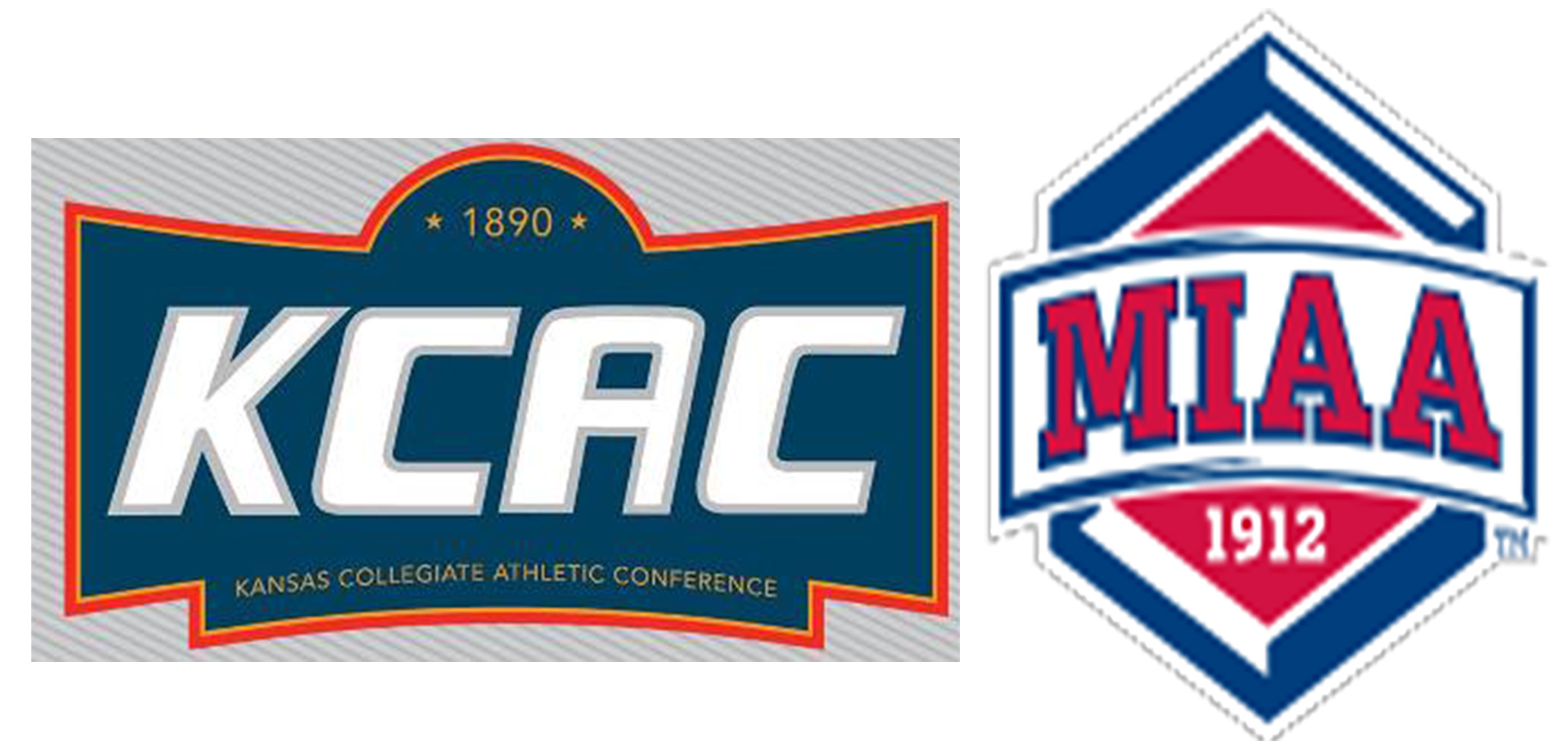Fundraising to fix childcare is inching ahead in Salina and Saline County, but accomplishing the vital mission is still a decade or more away.
Donations and grants are trickling in to provide both short-term and lasting solutions, said Claire Ludes, executive director of the Salina Area United Way. It’s the lead organization in a massive push to improve the system.
“We’ve made more progress in the last 10 months than Saline County has in a decade,” she said. “I’m very proud. The community definitely sees the need and is willing to step up and play whatever part they can, whether it’s dollars, being an advocate or stepping up and being a voice for this. But we still have a childcare crisis on our hands, and we need faster progress.”
The three-fold challenge involves providing a living wage to childcare workers, boosting it from the current $10 to $11 an hour to $15 or more — aiming to raise quality of service — also greatly expanding the available slots as needs mushroom in the growing city, while making and keeping daycare affordable to working parents.
“We need to acknowledge that in nine short months, we have brought in more than $3 million for childcare, but that’s barely a fraction of what we really need,” she said.
The starting point is $12 million, Ludes said, “because the goal is for more than a short-term repair, but we know more needs will surface later.”
Many proponents are reaching for permanent solutions to boost the workforce and population.
Childcare ranks high among the big problems, and they’re always lurking, said Renee Duxler, president and CEO of the Salina Area Chamber of Commerce.
“If we want to keep having the opportunity to bring new businesses to Salina and Saline County, we’ve got to get childcare fixed,” she said. “Housing and childcare are the two biggest priorities in terms of workforce. A lot of cities and communities are waking up and saying this is an issue. It’s not a unique problem to us. Everybody’s scratching their heads, asking how we can solve this problem as a community.”
The childcare crisis has two main priorities, said Jason Tiller, director and health officer of the Saline County Health Department.
“We need more childcare, more childcare slots, and more people to do childcare,” he said. “That’s pretty much everywhere. I think everybody is pretty much on board.”
Since the COVID-19 pandemic hit in the United States Jan. 20, 2020, and especially during post-COVID, Duxler said, the childcare industry lost providers at a rapid rate.
“It’s very difficult to make a profit in the business. Costs have gone up, and it’s very difficult to pass them on to families,” she said. “During post-COVID, people are going back to work, but you have a labor shortage and childcare wages are so low, people were saying they couldn’t live at those (childcare) rates. They’re going to Starbucks and other places.”
Childcare slots plummeted to critical lows, and leaders are now turning to employers in Salina and Saline County, where there are thousands of jobs left unfilled.
“We’re saying ‘If you want childcare, you have to invest in it,’ Our employers have basically said ‘We cannot find people (to work) and here’s where we see the issues,’ ” Duxler said “We have banged that gong long enough.”
Salina leaders came together to help with housing, she said, and now they’re diving in to conquer childcare, hopefully for good.
The list is topped with funding to provide immediate improvement. Simultaneously, a significant endowment is being amassed that covers shortfalls in pay for childcare workers. Right now, another $500,000 a year is needed to subsidize wages.
United Way has received two grants totaling $2.32 million expected to create 226 new slots.
The problem doesn’t stop there, as another 800 are needed, commingled with other enhancements.
“We’re trying to get as many quality slots with the dollars we can get our hands on,” Ludes said. “I can create all the slots I want, but If I can’t supply daycares with quality workers, there’s no point in creating the slots.”
Top-notch childcare needs staying power, Duxler said.
“If we want to keep having the opportunity to bring new businesses to Salina, we have to get childcare fixed. A lot of cities and communities are waking up and saying this is an issue,” she said. “Childcare and housing are the two biggest priorities in terms of workforce.”
The topics may now be among the most important entries on community checklists, joining health care, law enforcement, fire protection and education.
“They may actually be at the top of the issues,” said Mitch Robinson, executive director of the Salina Economic Development Organization.
Some of the longtime community pillars and infrastructure are viewed “as a given,” he said. “If companies can’t find places for workers to live and people to take care of their children, that creates issues for the working family. The most important issues are the cost and availability of housing and childcare.”
Employers are joining in the drive, said Bob Vidricksen, chairman of the Saline County commission. The county contributed $400,000 in American Rescue Plan Act funds to help with the childcare crisis.
But he craves acceleration.
“It’s going slower than I would like to see it go, from a community-wide situation,” Vidricksen said. “I would certainly like to see more businesses step up and get involved. They’re the ones who need it.”
As an employer of some 350 people, he said Saline County has considered forming its own daycare.
“It’s just a different world now,” Vidricksen said. “The dynamics of the entire working world have changed. We have to look at it from a different viewpoint.”
Local governments are embroiled in the evolution of providing more services, including childcare.
“It may be something universally that all employers should look at,” he said. “When you’ve got a working mother and 90 percent of her pay goes to daycare, that’s a tough pill to swallow. Most families need two incomes to make it, and childcare goes hand-in-hand with that. It’s got to be a factor.”
It begs the question of whether the public or the private sectors make the first move, said Jim Sponder, owner an CEO of 1 Vision Aviation, a maintenance, repair, overhaul and painting service at the Salina Airport and Industrial Center.
The two sectors are now working in concert.
“I was getting ready to open a daycare for the people who work for me. I’m glad the (community) is taking it on,” he said.
As a veteran, the health department’s Tiller cautioned the local movement to provide too swift of a fix.
“As we would say in the Army, ‘Don’t rush to failure.’ Make sure we’re doing it all right, that background checks are done,” he said. “We can do it so quickly that we end up skipping steps and learn some background check gets dropped through the cracks and ends up with some child getting hurt.”
Efforts by the United Way and others “is absolutely amazing,” he said, but once the money is raised, the resulting system must work.
“These actions have ripple effects,” Tiller said. “If we open more centers and they’re paying more in wages, which is a good thing, you also must ensure that childcare is affordable for people to be able to use it. For all childcare providers, increased cost becomes an issue of parents being able to pay.”
He also reminded that in this new era, childcare “is no longer just babysitting.”
In-home daycare hasn’t been forgotten. Ludes stressed that plans are underway to help providers who offer services out of their residences.
Nine Salina businesses plan to join the “Best Day Ever Project beginning 8:30 a.m. Friday. Wearing superhero capes, a legion of workers from The Bank of Tescott, Nex-Tech, Kennedy Berkley Attorneys, Pathway Financial, Long McArthur Ford, Salina Family Healthcare Center, and Fili Creative — two other businesses contributed anonymously — will deliver gift baskets and monetary gifts to licensed in-home childcare providers and daycare centers.
“We are doing our part so that a solution to this problem can be found ASAP,” wrote Mark Galloway in a press release, employee engagement specialist at The Bank of Tescott.
“Best Day Ever” is part of a collection of events across the nation to generate 100,000 acts of kindness, in conjunction with social media influencer Charlie Rocket, known for his Dream Machine Tour and financial services provider, Kasasa.
See the sidebar on Salina’s “grassroots initiative” which is separate from the United Way fundraising, but serving the same cause.
_ _ _
FACTOID:
Donations of any amount are appreciated to solve the Salina Childcare Crisis.
To learn more, visit unitedwaysalina.org and sign up for the automatic payroll deduction, or call (785) 827-1312. Also visit www.Salinachildcarecrisis.com
FACTOID:
Suggested headline:
Who’s on the team?
Local leaders, among them elected officials, the business community, Saline County Health Department, Salina Area Chamber of Commerce, Child Advocacy and Parenting Services of Salina, the Salina Economic Development Organization, Salina Technical College, a growing number of employers, workers with kids, and childcare providers.
FACTOID:
Contributions so far to the Childcare crisis in Saline County:
- $400,000 in American Rescue Plan Act funds donated by Saline County
- Earl Bane Foundation, $250,000, or which $50,000 was dedicated to Salina Area United Way hiring an Early Childcare Initiative staff member, Christina Small.
- Great Plains Manufacturing, $75,000
- Superior Plumbing & Contracting, $4,000
- Roger and Sissy Morrison, $6,000
Grants:
- $2.186 million from the Kansas Children’s Cabinet
- $15,000 from Salina Family Healthcaare Center, not for immediate release
Other ideas:
- Conversations are being had with local banks about other ways to donate.
- The Choose Saline County app provides a choice for users to donate Stars to the Childcare crisis.
- The Salina Area United Way is working on other convenient ways to help the childcare cause.



